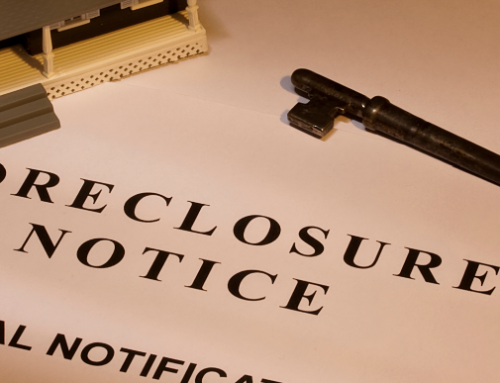Foreclosure can be a difficult and frustrating process. Not only will you lose your house, but you will also lose your pride. It can be difficult for anyone to handle. But what you need to know is that it happens to people all the time. You are not the first person going through it, and you certainly won’t be the last. The good news is, that if you are still in possession of your house, there are some things you can do to stop the banks. But first…
Why Do Banks Foreclose?
Banks foreclose after multiple missed payments. This can happen to the very best people and for all sorts of reasons. Divorce, job loss, the death of a loved one, family addition, and sudden illness are all common causes of missed payments. The last thing people need in any of these situations is to lose their house on top of everything else they are going through. If you are not able to repay the bank what you own, the bank will foreclose on the property and resell at auction in an effort to recoup their money.
What You Can Do To Stop It
Find A Buyer… Quickly
When you sell your house, the foreclosure process will stop in its tracks. You can try to find a buyer who can close quickly on your own, or you can call Sell My House Fast Dallas, who will always pay you a fair and honest price for your ]market_city] house. If you sell on your own, to a buyer using financing, the sale could end up taking weeks or months to be finalized, and by then, the bank may have already foreclosed. With a direct sale to Sell My House Fast Dallas, you will typically be able to sell your house in only a few short days.
Short Sale
If you own more than the house is worth, this could be a good solution for you. A short sale happens when a homeowner and the bank agree to sell the house for less than what is owed. The bank will agree to this if the home has dropped in value and the homeowners aren’t able to make the payments. The bank would rather recoup the majority of what is owed instead of going through the long and lengthy foreclosure process. A short sale will look much better on your credit than a foreclosure will.
Work Out A Deal
When you first realize you are having difficulties making your mortgage payment, give the bank a call first. They would rather work with you then deal with missed payments and foreclosure. Look into loan modification or changing the terms of your loan. You might be able to refinance and lower your payments. If you have missed a few payments, try to set up a payment plan to get back on track. Some lenders will agree to forbearance, forgiving the missed payment and adding it on to the end of your loan term. Before you do anything drastic, talk to the bank first. They are used to dealing with these situations and will likely have a solution to help you.
File For Bankruptcy
If you file for bankruptcy, the lenders cannot attempt to collect payment until the court allows it. Make sure you choose the right type for your needs, Chapter 7 or Chapter 13, and that you have talked this through with an attorney. Filing for bankruptcy can have adverse effects on you and your credit for years to come.


